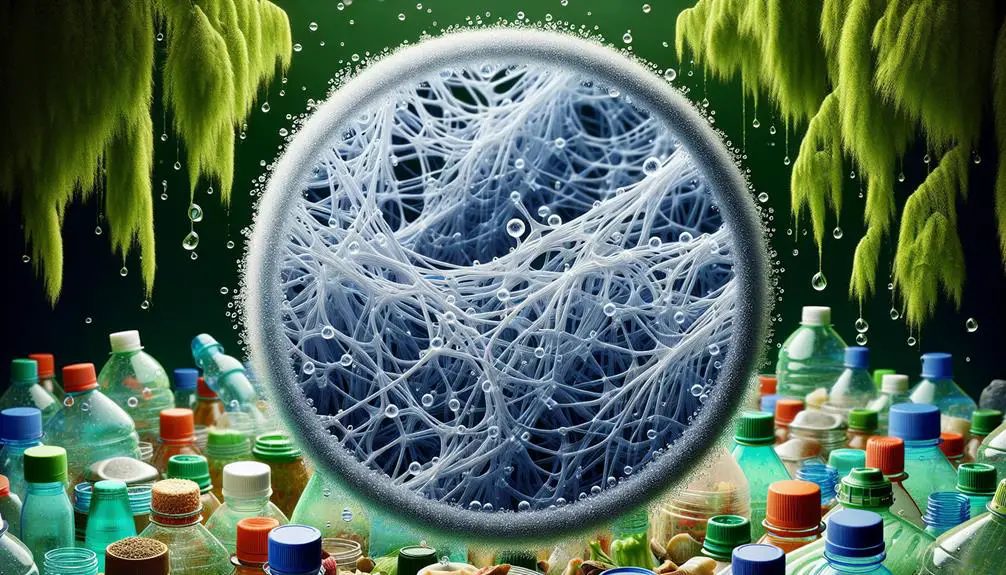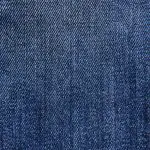From what I've gathered, nylon plastic is generally safe, particularly when it's used for food. It's tough, chemically resistant, and doesn't react with what it contacts, which is a big plus for food safety. However, you've gotta watch out for any harmful additives like PFASs, which can sneak into some nylon products. Thankfully, strict regulations are in place to ensure that nylons used in food storage are up to scratch. Always check if what you're buying is compliant with these safety standards. If you're still on the fence about nylon, there are more sustainable options out there that also minimize environmental impact. Stick around to get the whole picture.
Table of Contents
Key Takeaways
- Nylon is generally safe for food use due to its chemical stability and non-reactivity.
- It must pass strict safety checks for NIAS (Non-Intentionally Added Substances) and PAAs (Primary Aromatic Amines).
- Nylon products for food contact require GMP (Good Manufacturing Practice) certification.
- Concerns exist about harmful additives like PFASs, which can leach into the environment.
- Choosing PFAS-free nylon products minimizes exposure to potentially harmful chemicals.
What Is Nylon?
Nylon is a synthetic polymer created by combining diamines and dicarboxylic acids through a process called polymerization. Essentially, it's a type of plastic, but it's got some unique characteristics that set it apart from your everyday plastic materials. Nylon's known for being super tough and resistant to a lot of chemicals, which is why it's a favorite in many industries.
When we talk about whether nylon is safe, especially concerning health and its use with food, there's a lot to consider. The manufacturing process of nylon is designed to ensure that the final product is stable and safe for various applications, including in the kitchen. You've probably seen nylon in utensils or even containers that are used for storing food. This is because nylon doesn't react with foods and beverages and is capable of withstanding high temperatures without melting down or releasing harmful substances.
Nylon's Chemical Composition
Let's dive into what makes up nylon's molecular structure. Nylon is a type of plastic, specifically a polyamide, which means it's formed from the chemical reaction between diamines and dicarboxylic acids. This reaction creates long chains with repeating units of [NHCO], giving nylon its unique properties. Understanding this chemical composition is crucial when we're talking about whether nylon products are safe for use, especially in applications like food contact.
Nylon's ability to resist chemicals and maintain high mechanical strength comes from its stable molecular structure, which includes carbon, hydrogen, and nitrogen atoms. Here's a quick breakdown of the main types of nylon:
| Type | Characteristics |
|---|---|
| Nylon 6 | Produced from a single type of monomer |
| Nylon 66 | Made from two different monomers |
| Aliphatic | Less rigid, more flexible |
| Aromatic | High rigidity and thermal stability |
These variations mean that the safety and suitability of nylon for specific uses, like in food safety scenarios, depend largely on its type. This is why it's so important to know exactly what type of nylon is used to make products that might come into contact with food. It's an important question, and getting it right matters for everyone's health.
Safety Concerns With Nylon
While many of us use nylon products daily, it's important to consider the potential health risks they may pose due to harmful additives. We're talking about stuff like PFASs and antimicrobials that can really mess with human health. I've learned that these additives aren't just bad for us; they can leach into the environment, harming wildlife and ecosystems. That's a double whammy on safety and environmental impact!
Now, I'm all for making informed choices, and it turns out there are safer, more sustainable alternatives to traditional nylon. These options don't contain those scary harmful chemicals, which is a huge plus. Choosing nylon products that are PFAS-free can make a big difference in reducing our exposure to these nasty additives.
If you're like me, you want to make sure what you're buying isn't going to harm you or the planet. So, it makes sense to look for products that prioritize human health and are mindful of their environmental footprint. By opting for these safer alternatives, we're not just protecting ourselves; we're also taking a step towards more sustainable living. Who knew that something as simple as picking the right type of nylon could be so important?
Regulations Governing Nylon
How do governments ensure the safety of nylon products we use every day? Well, it's all about strict regulations and keeping a close eye on how these synthetic materials are made and used, especially when it comes to food storage. You see, nylon is pretty common in kitchen gadgets and containers, so making sure it's safe is a big deal.
First off, any nylon product intended for food contact must pass several safety checks. This includes screening for non-intentionally added substances (NIAS), which are chemicals that aren't supposed to be there but can sneak in during manufacturing. These substances can be risky if they migrate into food, so regulators are pretty strict about checking for them.
Another major concern is Primary aromatic amines (PAAs). These chemicals can be harmful, and they sometimes show up in nylon products. That's why monitoring PAAs is a key part of the safety regulations.
To top it off, any company making nylon products for food needs to have Good Manufacturing Practice (GMP) certification. This ensures they meet all the necessary safety standards. And yes, compliance verification is a must. Authorities regularly check these products to make sure everything's up to snuff. This way, when you use nylon in your kitchen, you can feel confident it's safe.
Alternatives to Nylon
After exploring the safety regulations of nylon, it's worth considering some alternatives that might be kinder to our planet. Eco-friendly fabrics like cotton and hemp are fantastic options. They're not just gentle on the earth but also on us, as they don't rely on harmful chemicals for their production. Cotton, especially organic, is a breathable and renewable material. Hemp, on the other hand, is incredibly durable and grows with minimal water.
Another great choice is recycled nylon. It helps reduce waste by repurposing existing nylon products into new items. This process lessens the environmental footprint of the original nylon production and supports sustainable fashion movements.
Sustainable options are gaining momentum in the fashion industry. More brands are offering nylon-free alternatives, recognizing the demand from environmentally conscious consumers. By choosing these environmentally friendly materials, we play a part in cutting down the negative impacts associated with traditional nylon production.
Frequently Asked Questions
Does Nylon Leach Chemicals?
Nylon itself doesn't leach chemicals into food or drinks. However, the safety depends on the additives used in manufacturing. I'd recommend choosing products free from harmful additives like PFASs for safety.
Is Nylon Toxic Free?
I've learned that while nylon itself isn't toxic, the additives in nylon products might be harmful. It's best to check their safety standards and composition to ensure they're free from dangerous substances.
What Are the Negative Effects of Nylon?
I've learned that nylon might release harmful chemicals into food and the environment. These risks depend on its additives and manufacturing processes, so it's crucial to verify the safety of nylon products.
Does Nylon Have Chemicals?
Yes, nylon can have chemicals like PFASs or antimicrobials added for functionality. It's important to know what's in it, especially if you're aiming for safer, non-toxic options in your products.
- How Does Ring Spun Cotton Affect Garment Fit and Shape Retention? - August 13, 2024
- What Are the Challenges in Producing Ring Spun Cotton? - August 13, 2024
- Is Ring Spun Cotton Suitable for Plus-Size Clothing? - August 13, 2024







